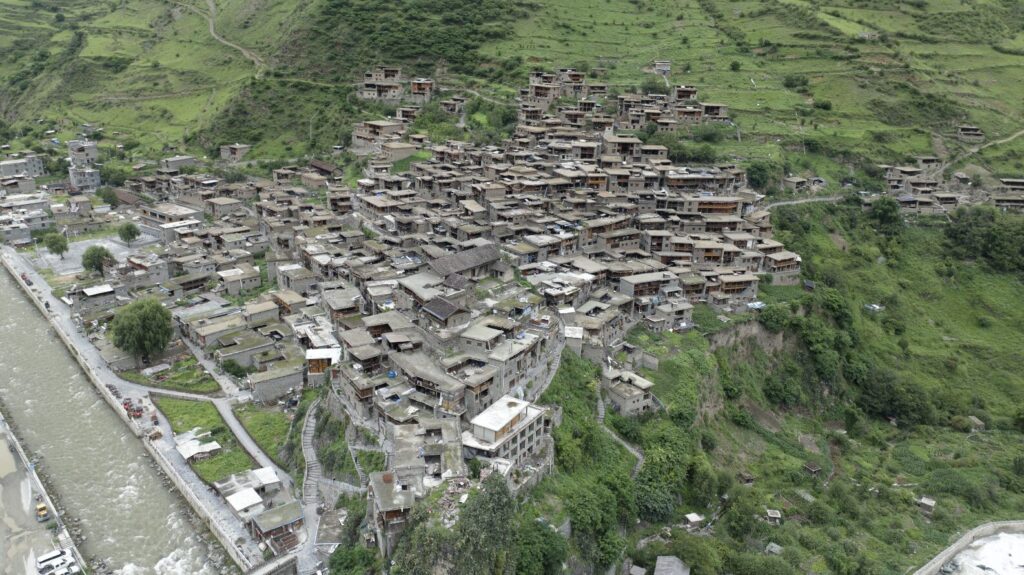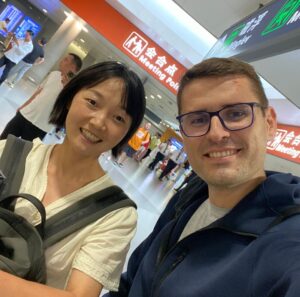Eya Village is like a hidden chapter in the story of China, a place where old ways of life still whisper through the valleys. Tucked away in the remote highlands of Sichuan, this small village is famous for its rare practice of polygamy — a cultural tradition that has slowly faded elsewhere but continues quietly here. Life in Eya revolves around strong family ties, communal farming, and a deep respect for ancestral customs. As you wander through the village, it feels as if time has slowed down, offering a window into a way of life that has remained unchanged for generations.
The people of Eya are proud yet humble, living simply and sustainably in harmony with their environment. Warm and welcoming, they invite visitors to learn about their traditions without putting on a show — here, everything is authentic, not staged for tourism. Elders recount stories of the past, while children play freely among the fields and streams. Life is guided by the seasons, communal work, and a shared sense of belonging that’s increasingly rare in the modern world. Spending time in Eya offers a powerful reminder of the richness and diversity of human traditions.

Surrounded by pristine mountains and lush green fields, the natural beauty of Eya is equally unforgettable. Narrow trails wind past rice terraces, gurgling brooks, and ancient stone houses covered in moss. Early mornings bring misty landscapes that feel almost otherworldly, while evenings are filled with the sounds of crickets and the scent of woodsmoke. It’s the kind of place that touches you quietly — not with grand monuments or flashy sights, but with the deep, quiet beauty of everyday life. Eya is a living museum of culture, nature, and human resilience.

AUTHOR
Get early access, behind-the-scenes content, and bonus interviews.
Help us keep sharing authentic, global Chinese voices.